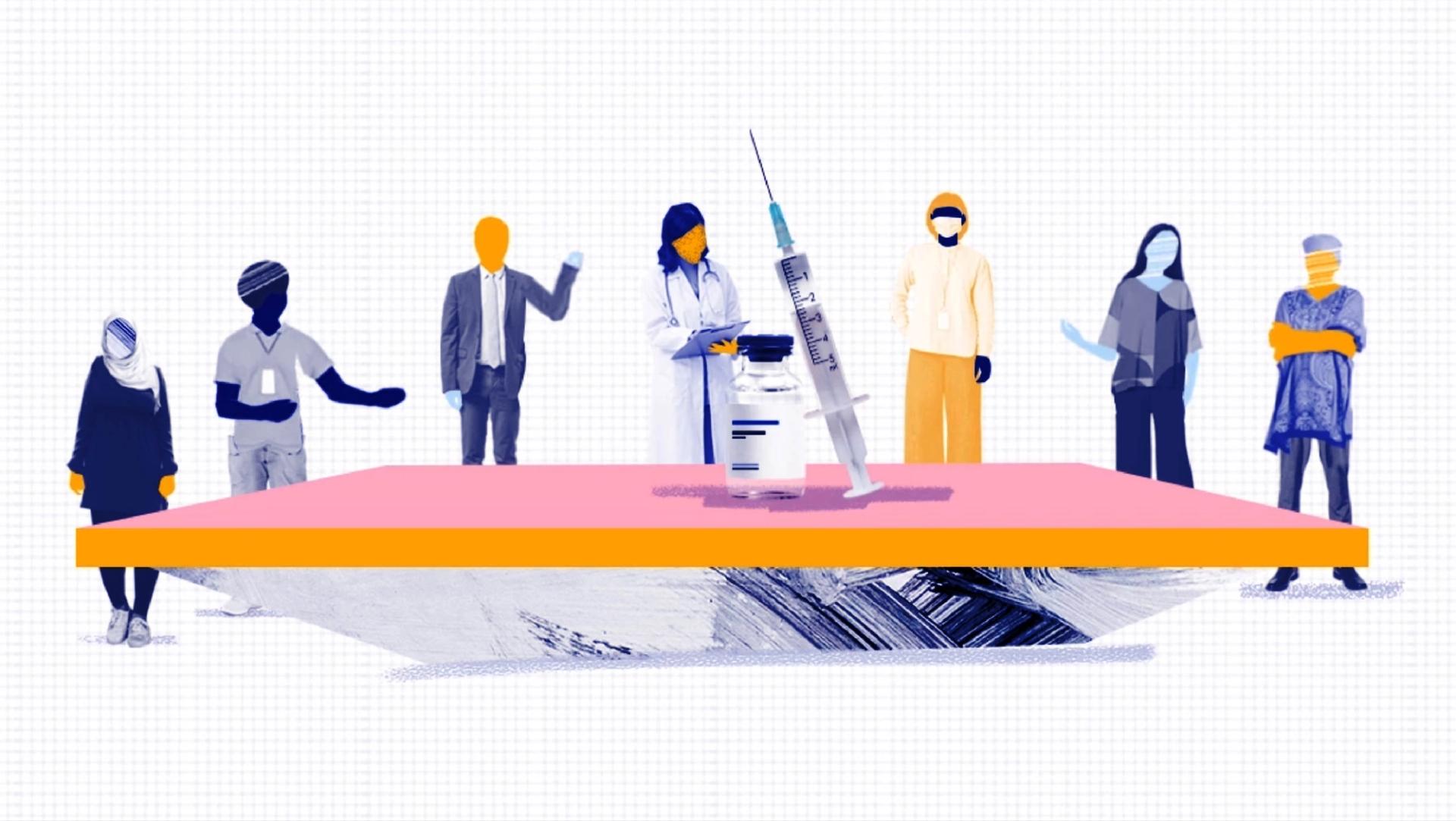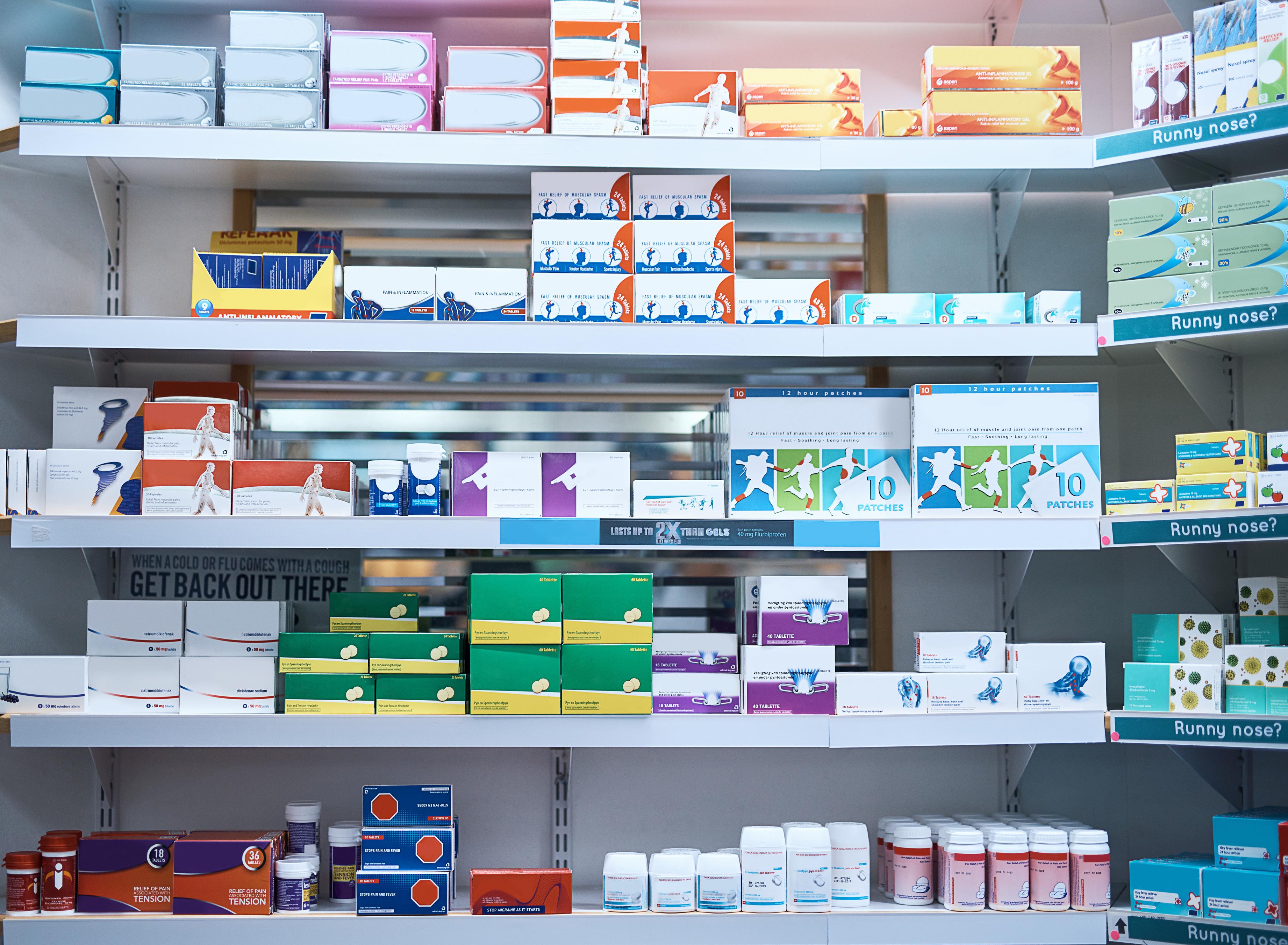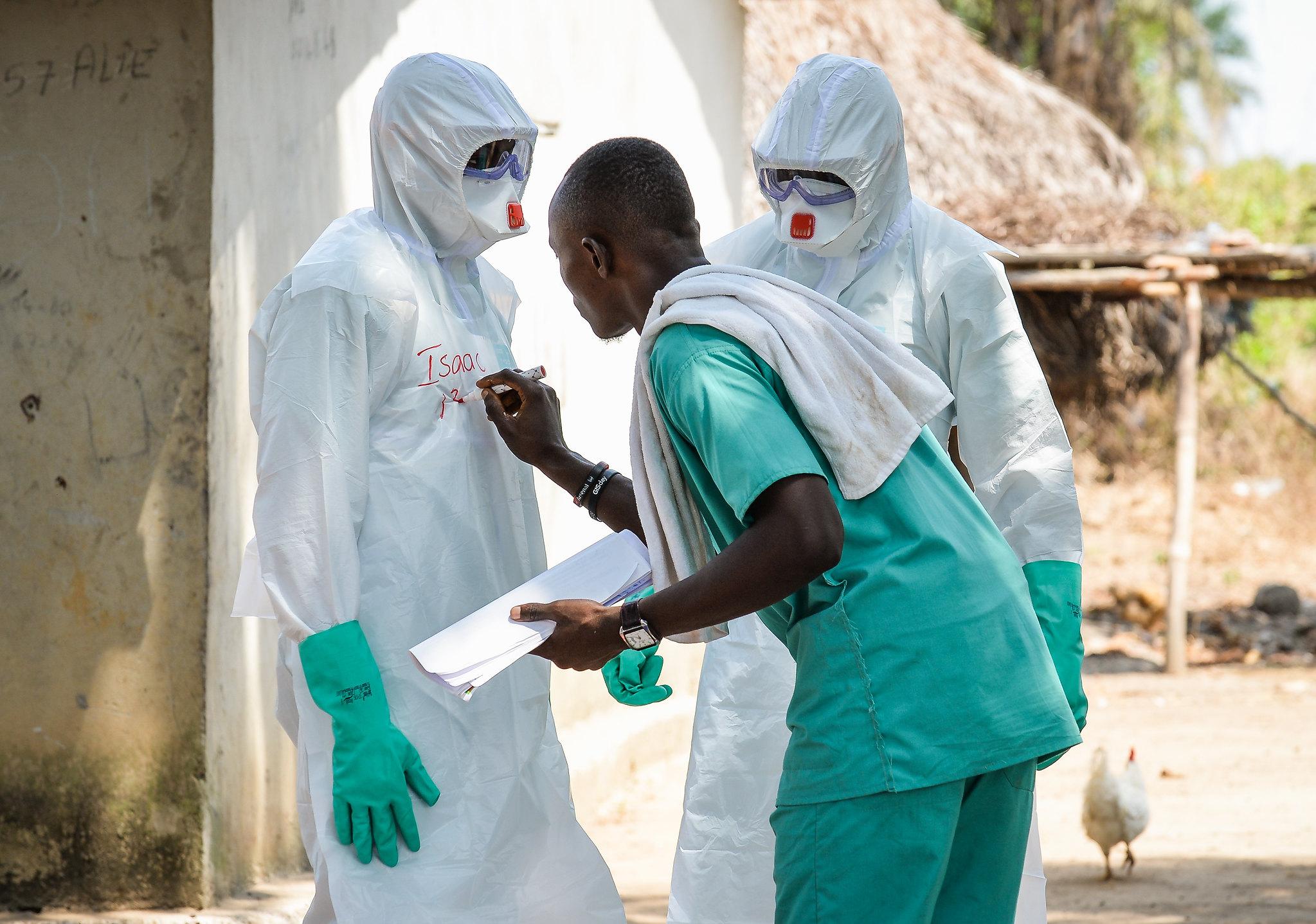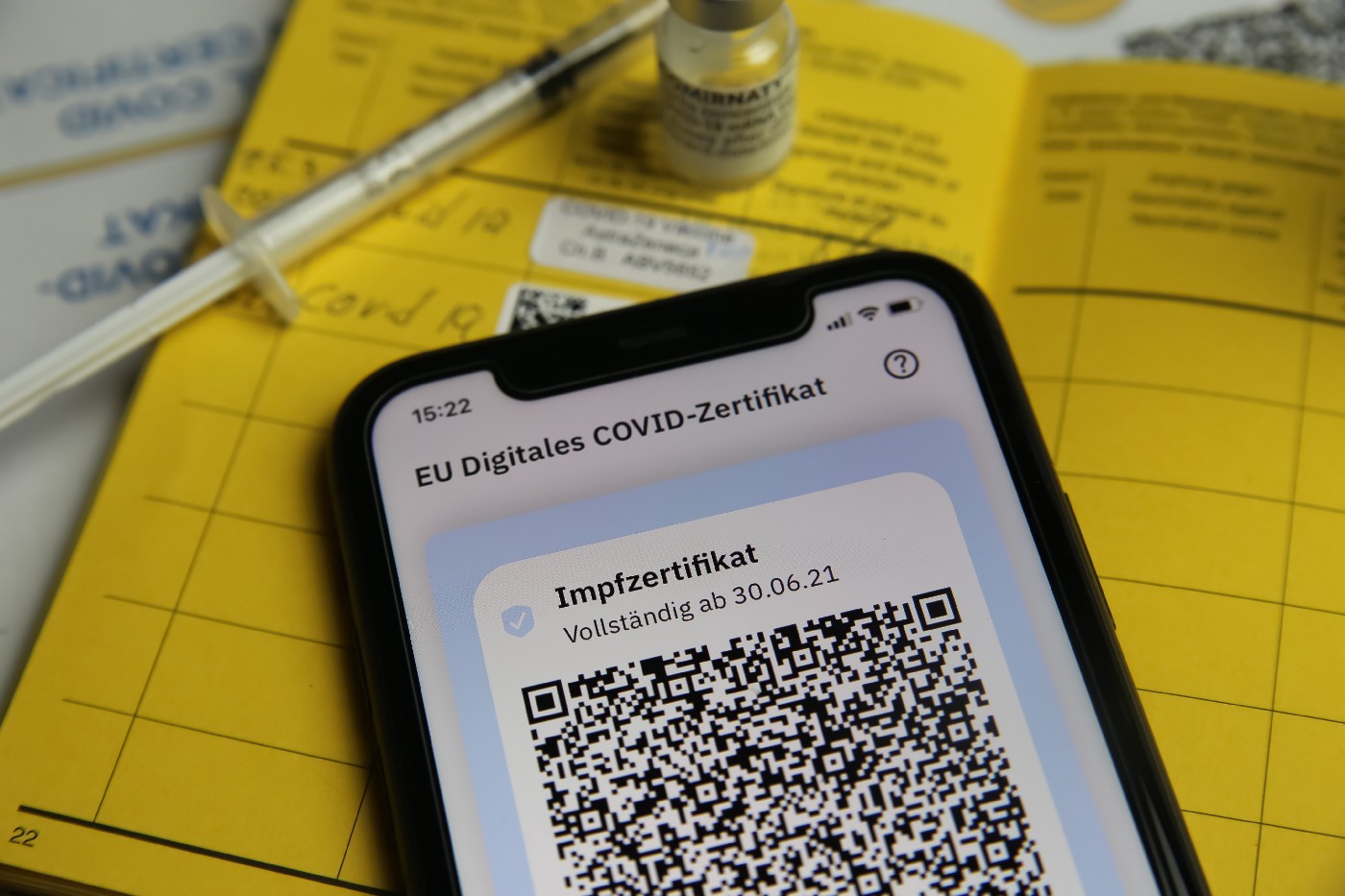Blog
Improving Covid-19 vaccine coverage by mitigating corruption risks in the supply chain

Corruption reduces effective vaccine distribution
Vaccine development and deployment has been riddled with various challenges, including low public trust and misinformation, resource shortages, mismanagement of supply chains, and lack of solidarity.
Corruption may further reduce effective vaccine distribution by creating opportunities for manufacturers to create substandard vaccines. Through corruption, public officials give contracts to companies they have connections with, and people with power use their influence to jump the vaccination queue. Vaccine certificate fraud is on the rise, putting the public in danger.
These challenges have hampered the vaccines’ potential to contain the pandemic and may have contributed to more variants of the virus appearing.
Knowing the risks – video 1
From the start of the vaccine deployment, development agencies knew they needed to address corruption risks as part of their vaccine distribution support in low- and middle-income countries. At U4, we offer research and practical guidance to help strengthen anti-corruption efforts during a pandemic. To know the risks is the first step towards fixing them:
Corruption risks in the Covid-19 vaccine supply chain
Credit: CMI-U4 by-nc-nd
No one could predict the impact of the Covid-19 pandemic. Pandemic preparedness and responses were not well-established in most countries, and there was no previous experience of coordinating efforts globally for a worldwide emergency. States promised to work together, yet once pharmaceutical companies started developing vaccines, countries put their interests first – above the common good – which worsened the crisis.
Safeguarding vaccine supplies –video 2
Possible ways to avoid corruption and improve vaccine coverage include:
- Specialised task forces to oversee vaccine roll-out.
- Engage civil society to curb abuse of power.
- Publicly available information about vaccine allocation.
- Responsive and inclusive whistleblowing mechanisms.
These measures are just a few of all measures that can be used to safeguard vaccine supply chains and ensure development assistance benefits those most in need:
Mitigation strategies for corruption in the Covid-19 vaccine supply chain
Credit: CMI-U4 by-nc-nd
You can access more resources on the U4 topic page on Covid-19 and corruption.
Disclaimer
All views in this text are the author(s)’, and may differ from the U4 partner agencies’ policies.
This work is licenced under a Creative Commons Attribution-NonCommercial-NoDerivatives 4.0 International licence (CC BY-NC-ND 4.0)


